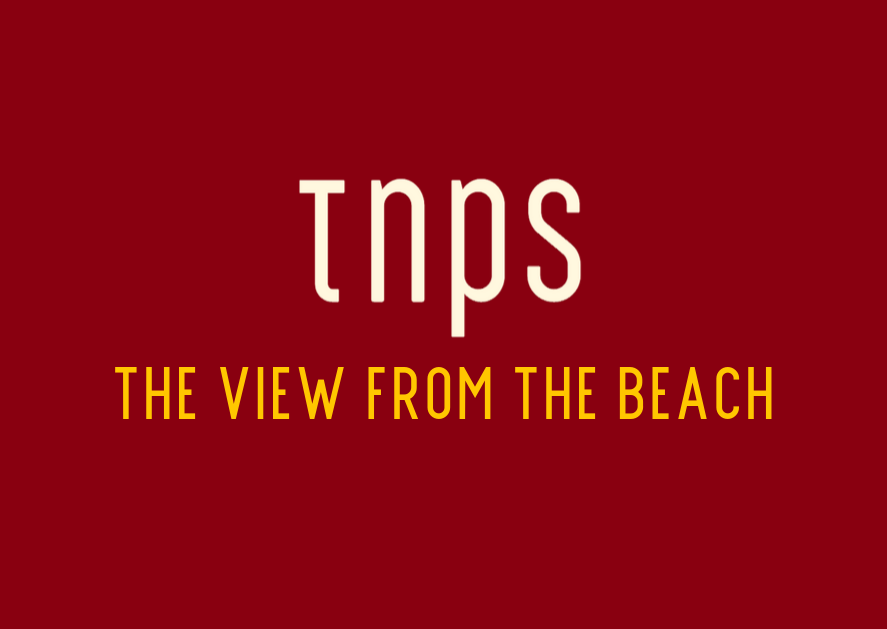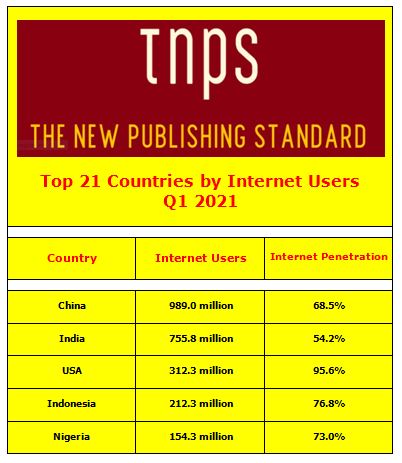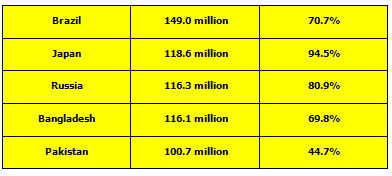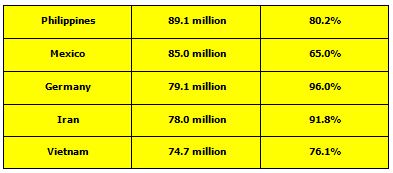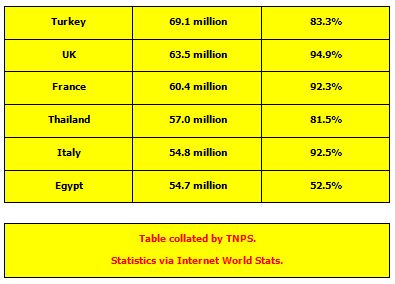3 BILLION more internet users exist today than did in 2011. And only 6% of the global total are in the USA. Or to put it another way, 94% of the world’s internet users are not in the USA.
If March 2020 looked like the beginning of the end for publishing as we knew it, by end 2020 a very different picture was emerging, at least for those publishers which had the foresight to adopt, or the will and means to pivot to, a hybrid physical and digital publishing model.
Industry news reports for Pandemic Y1 make sobering reading in countries/regions where the online infrastructure to sell print and digital books online remains under-developed and where publishers chose to reject digital options . But it’s a very different and encouraging picture from the countries/regions where online infrastructure meant publishers could meet the Pandemic’s industry impact head-on.
While bricks and mortar bookstore pretty much universally suffered, print sales in the latter group of countries didn’t just hold their own, but actually soared above 2019 levels in many cases, while digital books and reading scaled new heights.
Online infrastructure of course takes many forms, but underpinning them all is one thing: internet adoption. If people aren’t online, fancy online options to buy books , print or digital, are irrelevant.
But this is 2021, not 2011, and the most recent updates from Internet World Stats, which brings us the global internet numbers, shows there are now 5.17 billion people online around the world, every one by definition connecting to the internet using a device that could also be used to order print books for delivery, or to directly consume ebooks, audiobooks, podcasts and online narratives.
Savour that number: 5.17 billion people online. That’s 65.6% of the world’s population using the internet.
New readers here at TNPS might be thinking, big deal. They will all be in the US and western Europe, and we’ve got those covered.
But actually while the US is in third place, the USA’s total online population makes up just SIX PERCENT of the world’s total internet users.
Or to put it another way, 94% of the world’s internet users are not in the USA.
Yes, the UK, Germany, France and Italy make the top twenty (Italy not for much longer – see below), but what publishers need to be thinking about is not just where we are today, with 94% of the internet action happening outisde the US borders, but also where we might be in 2025, or 2030.
Because the US is at 95.6% internet penetration. There’s very little room to grow.
Compare the holder of the number one spot, China, which is at just 68.5% internet penetration but already, as this year began, had 989 million people online. By now it will be significantly over one billion, although we won’t have the actual numbers until later this year.
China of course is a challenging market at every level, but the sheer volume of opportunity makes it worth going the extra mile to engage with.
But that still leaves almost 4 billion internet users out there that could be buying print and digital books online. Where? The answer might surprise you.
The UK, ranks only 16th in the top twenty-one internet users chart, ahead of France (18th) and Italy (20th) but behind Germany (13th) and Russia (8th). But both of those countries will be nudged down at the next count. Iran is about to eclipse Germany, while Bangladesh, now at less than 70% internet penetration, will leave Russia in the dust over the next couple of years.
Here’s how the top twenty-one breaks down, courtesy of TNPS using numbers provided by the ever-reliable Internet World Stats. And for those wondering, twenty-one because the difference between position 20 and position 21 is a matter of just a couple of hundred thousand internet users.
In fact no European country makes the Top Five internet countries in 2021.
India is comfortably in second place with 755.8 million people online, and at only 54.2% penetration, meaning 1 billion people online is likely in the not too distant future.
Indonesia comfortably holds fourth place after the USA, but 5th place went to Nigeria this past quarter as it leapfrogged Brazil, with over 150 million people online, and still only at 73% internet penetration.
Bringing up the rear of the top ten we have Japan clinging on to seventh place behind Brazil, but with Bangladesh, now in 9th position, poised to nudge down both Russia and Japan later this year.
Pakistan brings brings up tenth place.
Looking at the lower half of the Top 20 charts and more surprises are lined up.
At position 11, the Philippines is ahead of Mexico and both are comfortably ahead of Germany. Germany in turn is threatened by both Iran and, especially, Vietnam, with the latter only at 76.1%. internet penetration.
The UK, most publishers’ second choice target after the USA, holds only 17th place in the world internet rankings, but steady ahead of France.
That said, the Thailand numbers are long overdue for an update, and there’s every chance Thailand could eclipse both France and the UK when that finally happens.
In positions 20 and 21, Italy holds the twentieth place by just 200,000 internet users, and the next Egypt update could easily see Egypt catapult up the chart jumping not just Italy but also Thailand, France, the UK and Turkey.
That’s the Q1 2021 global internet scene, just ten short years after Amazon first ventured its Kindle ebook store outside the US and UK, with launches to tap into western Europe’s growing online opportunity.
Yet it seems many publishers are still partying like its 2011, oblivious to the remarkable changes happening around the globe.
Let me round off this essay with a few choice examples of how different the online world is today compared to ten years ago.
- In 2011 there were just 2 billion people online worldwide. The planet has added 3 billion new internet users in just the past decade.
- In 2011 Africa had 118 million people online. Today it is 590 million people online in Africa.
- Nigeria’s 154 million internet user count stood at just 44 million in 2011. Nigeria had added 110 million new internet users in the past ten years while publishers look the other way.
- China, now about to top 1 billion people online, had “only” 477 million online in 2011.
- India has added 655 million new internet users since 2011, when it had just reached the seemingly magical 100 million mark.
- As for Bangladesh, now 9th in the world with 116 million people online… Back in 2011 there were just 1.4 million Bangladeshis on line.
I’ll delve into the global internet stats in more detail over coming days and weeks. Stay tuned.
The global book market is already much bigger than most publishers realise. But the potential of the hybrid print and digital global book market as the digital transition unfolds is simply stunning.
3 BILLION more internet users exist today than did in 2011. And only 6% of the global total are in the USA.

